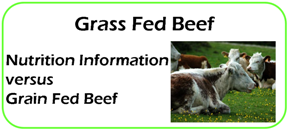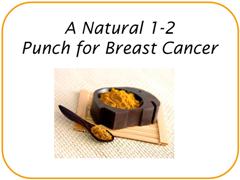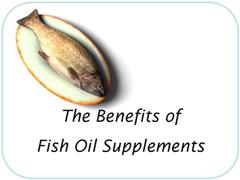|
Vitamin Supplements May Reduce Skin Cancer Risk... Or NotResearchers postulate that some vitamin supplements, especially grapeseed extract, may be associated with a decrease in skin cancer risk. Flawed data and methods, however, leave me begging for a more detailed study. In order to assess whether the use of vitamin supplements is correlated with a change in risk for skin cancer, researchers administered questionnaires to 830 subjects. 415 subjects had already been diagnosed with skin cancer, while 415 had not. The data was collected from mailed questionnaires that had been voluntarily completed and returned. The data were all age-, race- and sex-matched to reduce confounding factors. The authors also accounted for other skin cancer risk factors and the use of other supplements. The authors were most interested in Vitamins A, C, D or E, multi-vitamins, and grapeseed extract. So far so good, right? Actually, this study, published in the June, 2011 issue of the Journal of the American Academy of Dermatology leaves much to be desired. Rather than “Supplement use and risk of cutaneous squamous cell carcinoma,” perhaps a better name would be “Natural health knowledge and risk of cancer.” Afterall, most people have heard of Vitamins A, C, D, or E, and the well-marketed multi-vitamin; but who has heard of grapeseed extract? My guess is only those who are well-versed in natural health remedies and preventions. As a side note: I tested this theory on my unsuspecting husband, who as predicted, said “What is grapeseed extract and why would someone take it?” And that’s a guy who’s o.k. with his wife birthing babies at home, avoiding gluten and dairy, and drinking garlic tea at the first sign of weakness… Nonetheless, M Asgari et al, reported that grape seed extract use significantly decreased the risks of skin cancer. This study also found a smaller correlation between multi-vitamin use and the decreased likelihood of a skin cancer diagnosis; but no correlation between vitamin supplements of A, C, D, or E and skin cancer risk. Unfortunately, this study’s data is limited for many reasons:
I actually find it impressive that the authors found any correlation between any vitamin supplements and skin cancer diagnosis given the lack of stringency in the data set. If the subjects had been separated into more specific pools based on supplement dosage, the quality of the supplements and/or the frequency and length of time of supplementation, then the study may have revealed more interesting results. Knowledge of whether supplementation coincided in time with behaviors that increase skin cancer risk would have also been enlightening. But, collecting data through the mail based on subject recall over the past 10 years is not reliable enough to confidently create such data subsets, even if the authors wanted to. My hope is that this study will inspire future studies on vitamin supplements to take a more detailed approach. After all, even with this limited and vague data set, multivitamins were correlated with a decreased skin cancer risk. Bottomline: I would hate for this study to be cited as an example of vitamins A, C, D, and/or E having no effect on skin cancer risk. In the meantime, grapeseed extract may be an important supplement for sun worshipers. Return to Current Science News from Vitamin Supplements May Reduce Skin Cancer Risk Return to Science of Natural Health Homepage from Vitamin Supplements May Reduce Skin Cancer Risk |












